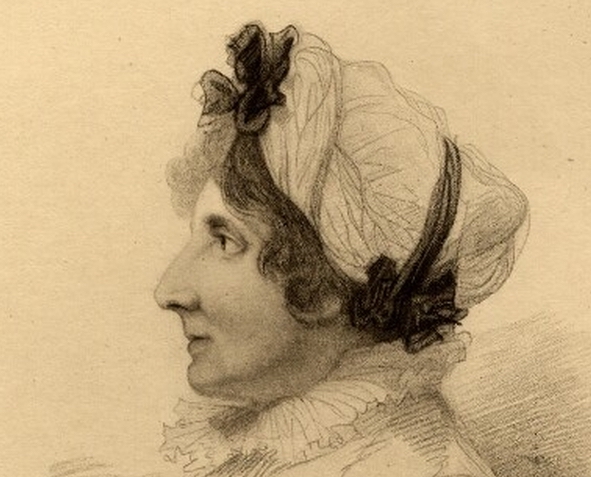 Barbauld’s etiquette book A Legacy for Young Ladies Consisting of Miscellaneous Pieces in Prose and Verse was an important social resource. Like Miss Manners or Emily Post, Barbauld is sure that what she has to say is correct. Barbauld’s explanation of “pic nic” then...
Barbauld’s etiquette book A Legacy for Young Ladies Consisting of Miscellaneous Pieces in Prose and Verse was an important social resource. Like Miss Manners or Emily Post, Barbauld is sure that what she has to say is correct. Barbauld’s explanation of “pic nic” then...
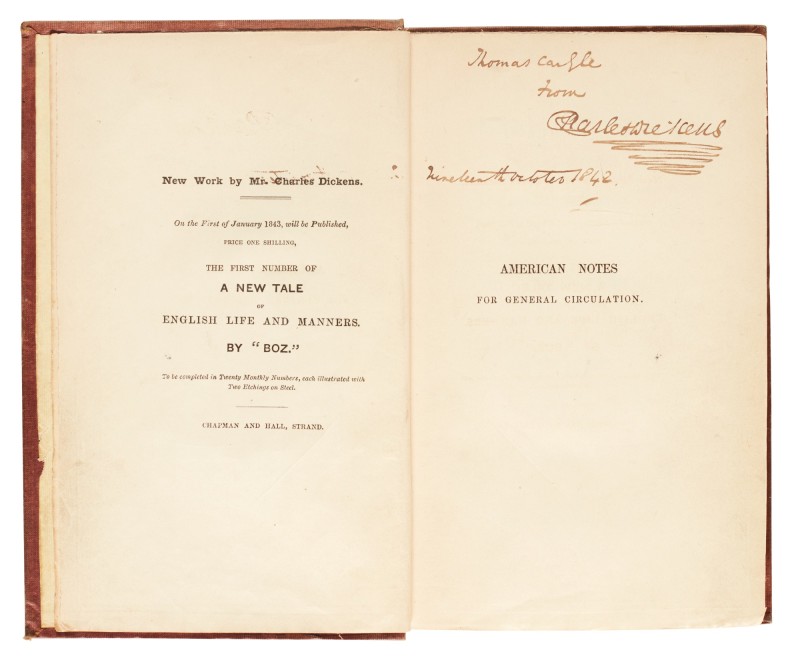 “A Jaunt to the Looking-Glass Prairie and Back” left Dickens with mixed feelings. The weather was hot and the journey tedious, but the picnic on Looking-Glass Prairie” was something Dickens wanted, mostly because he had been told that any sightseer...
“A Jaunt to the Looking-Glass Prairie and Back” left Dickens with mixed feelings. The weather was hot and the journey tedious, but the picnic on Looking-Glass Prairie” was something Dickens wanted, mostly because he had been told that any sightseer...
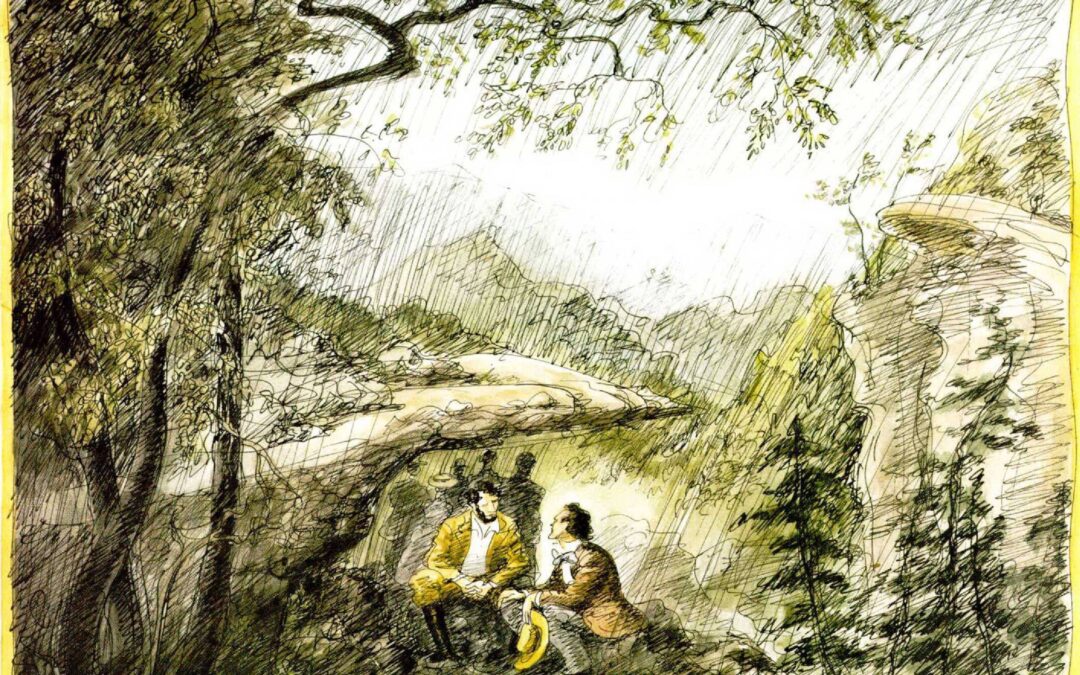 When Melville and Hathorne picnicked on Mount Mansfield in August 1852, Piper Heidsieck corks were popped. That’s what Cornelius Mathews wrote The Literary World during their climb to the summit. Until this meeting, the two authors were unacquainted though they...
When Melville and Hathorne picnicked on Mount Mansfield in August 1852, Piper Heidsieck corks were popped. That’s what Cornelius Mathews wrote The Literary World during their climb to the summit. Until this meeting, the two authors were unacquainted though they...
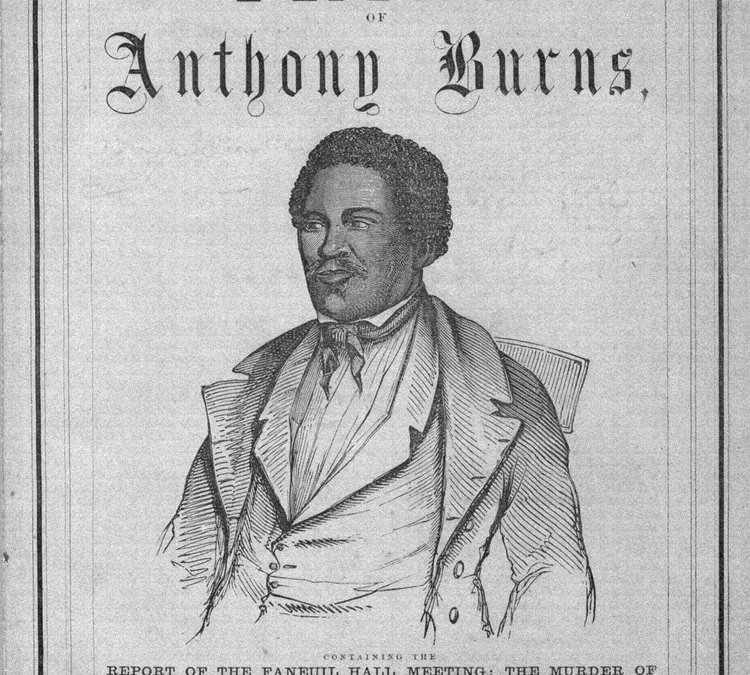 At the Harmony Grove picnic dedicated to abolishing slavery, Thoreau read portions of what became his essay “Slavery in Massachusetts” completed later that year. The occasion was a Fourth of July celebration, and among Thoreau’s concerns was the fugitive Henry...
At the Harmony Grove picnic dedicated to abolishing slavery, Thoreau read portions of what became his essay “Slavery in Massachusetts” completed later that year. The occasion was a Fourth of July celebration, and among Thoreau’s concerns was the fugitive Henry...
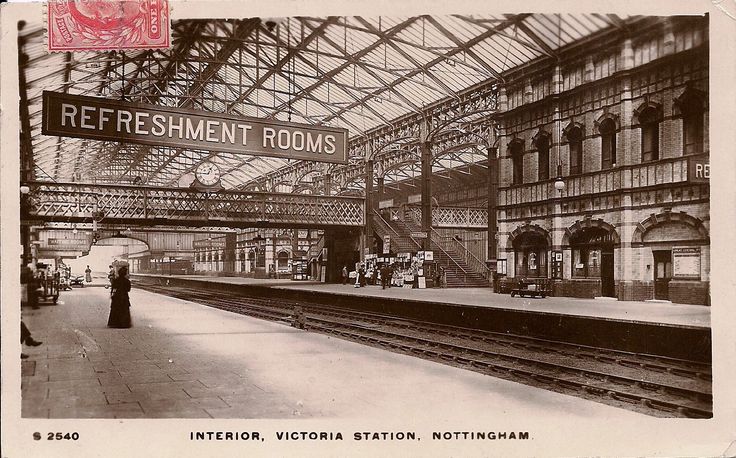 Dickens vented his distaste for English travel food, especially sandwiches served in cold, comfortless train stations. The Boy at Mugby Station working in h Refreshment Room gleefully tells anyone who will listen (or not) how awful the refreshments (if they can be...
Dickens vented his distaste for English travel food, especially sandwiches served in cold, comfortless train stations. The Boy at Mugby Station working in h Refreshment Room gleefully tells anyone who will listen (or not) how awful the refreshments (if they can be...
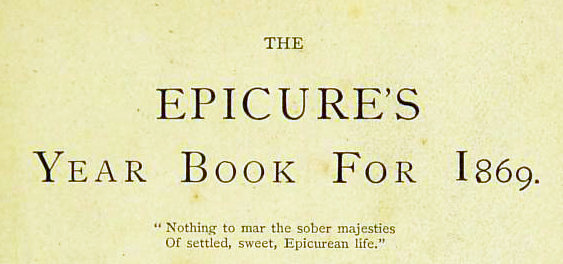 According to Jerrold’s satire “Picnic Reform,” British “Picnic- frequenters” must radically alter their “picnic gastronomy.” Change is accomplished by eliminating the ordinary. “Could anything be more barbarous?”...
According to Jerrold’s satire “Picnic Reform,” British “Picnic- frequenters” must radically alter their “picnic gastronomy.” Change is accomplished by eliminating the ordinary. “Could anything be more barbarous?”...
 For London: A Pilgrimage, Doré and Jerrold visited Epsom in 1869 to experience the tumult of Derby-Day— the race, the carnival atmosphere, and picnic luncheons on carriage tops. Unlike William Powell Frith’s The Derby Day, Dore and Jerrold were keen to exploit...
For London: A Pilgrimage, Doré and Jerrold visited Epsom in 1869 to experience the tumult of Derby-Day— the race, the carnival atmosphere, and picnic luncheons on carriage tops. Unlike William Powell Frith’s The Derby Day, Dore and Jerrold were keen to exploit...
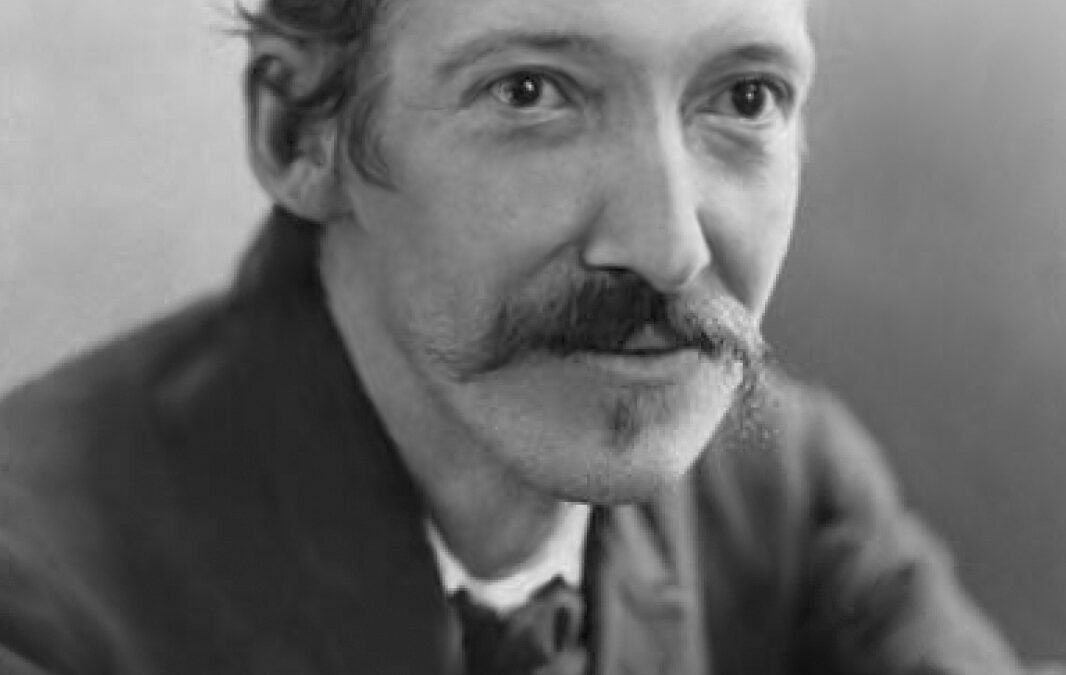 Stevenson’s picnics are squibs embedded in Essays of Travel: Essays in the Art of Writing. “An Autumn Effect” is memorable for the phrase “the spirit of picnic.” “The fields were busy with people ploughing and sowing, ”...
Stevenson’s picnics are squibs embedded in Essays of Travel: Essays in the Art of Writing. “An Autumn Effect” is memorable for the phrase “the spirit of picnic.” “The fields were busy with people ploughing and sowing, ”...
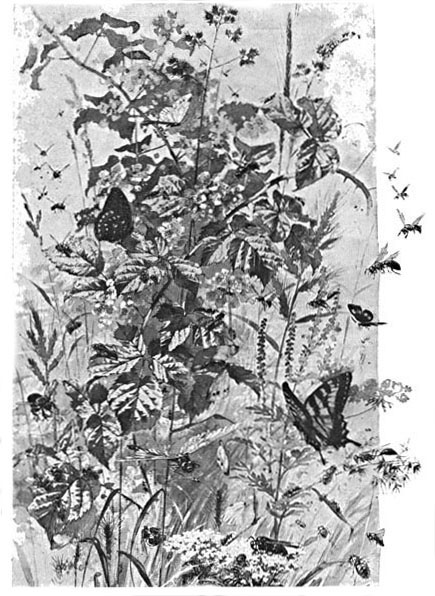 Gibson, nature writer and artist of the 1890s, describes the nature of things in “Honey Dew Picnic” from My Studio Neighbors (1897) is, a humorous essay about the feeding frenzy of insects in a forest. He says that while he never actually witnessed the...
Chief among James’s observations of Derby Day at Epsom is his astonishment at the picnicking on the carriage tops. It was a sight of madness. “The crowd was very animated; that is the most succinct description I can give of it. The horses of course had...
Gibson, nature writer and artist of the 1890s, describes the nature of things in “Honey Dew Picnic” from My Studio Neighbors (1897) is, a humorous essay about the feeding frenzy of insects in a forest. He says that while he never actually witnessed the...
Chief among James’s observations of Derby Day at Epsom is his astonishment at the picnicking on the carriage tops. It was a sight of madness. “The crowd was very animated; that is the most succinct description I can give of it. The horses of course had...










